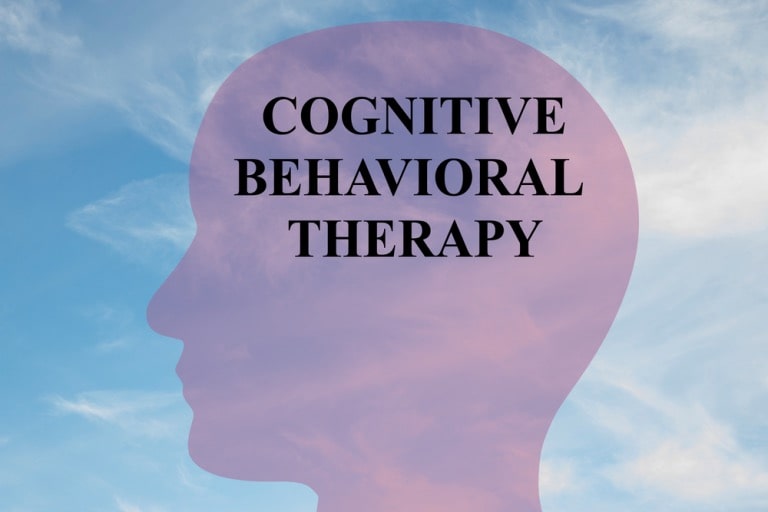In the lively city of San Francisco, where diversity thrives, and lifestyles vary, the challenges in interpersonal relationships often demand a distinct approach.
In the middle of this dynamic scene, Cognitive Behavioral Therapy (CBT) has proved to be a transformative tool in improving relationships, offering effective communication strategies that therapists adeptly employ.
The blend of CBT techniques and tailored communication methods is fostering healthier connections, nurturing understanding, and resolving conflicts among individuals, couples, and families.
Cognitive Behavioral Therapy (CBT)
CBT, a widely recognized therapeutic approach, emphasizes the internal connection between thoughts, emotions, and behaviors. In San Francisco, therapists integrate CBT principles to facilitate transformative changes in relational dynamics.
Central to CBT is the identification and modification of maladaptive thought patterns, enabling individuals to replace negative cognitions with healthier alternatives.
Tailored Communication Strategies
The implementation of tailored communication strategies, informed by CBT principles, serves as a cornerstone for fostering healthier relationships. Therapists adeptly integrate these strategies to facilitate meaningful connections and resolve interpersonal challenges.
1. Active Listening and Empathetic Understanding
Every therapist in SF prioritizes active listening, fostering a safe environment where clients feel heard and understood. Through empathetic understanding, therapists establish rapport, acknowledging emotions and validating experiences.
This technique cultivates trust and encourages open dialogue, laying the foundation for deeper relational exploration. Clients often find solace in being genuinely heard, fostering a stronger therapeutic alliance that facilitates their personal growth.
The therapists’ empathetic responses not only validate emotions but also encourage clients to explore underlying issues more openly and authentically.
2. Reframing and Cognitive Restructuring
At the heart of CBT lies the ability to reframe perspectives. Therapists in San Francisco adeptly guide individuals to challenge negative thoughts and reframe situations, promoting a more positive outlook.
By restructuring cognitive patterns, clients learn to navigate conflicts with greater resilience and understanding. Through this process, individuals not only gain a new lens to perceive situations but also acquire a heightened self-awareness that enables them to reevaluate their responses, fostering more adaptive behaviors and emotional regulation.
This reframing process empowers individuals to approach life’s challenges with a newfound sense of optimism and flexibility.
3. Effective Communication Skills Training
Therapists employ various techniques to enhance communication skills. From assertiveness training to conflict resolution strategies, individuals learn to express needs, set boundaries, and navigate disagreements constructively. This empowers clients to engage in healthier, more fulfilling interactions.
By practicing assertiveness techniques, individuals gain the confidence to express themselves authentically while respecting others’ perspectives.
Additionally, conflict resolution strategies equip clients with tools to manage disagreements productively, fostering a collaborative approach to finding solutions. As a result, individuals communicate more effectively and build stronger connections based on mutual understanding and respect.
The newfound skills enable clients to navigate diverse social situations with increased confidence and grace.
Application in Couples Therapy
In San Francisco’s diverse landscape, couples therapy thrives on CBT-infused communication strategies.
Therapists facilitate discussions aimed at improving mutual understanding and fostering empathy, and couples learn to identify destructive communication patterns, enhancing intimacy and rekindling emotional connections.
1. Emotion Regulation and Validation
Through CBT-based interventions, couples acquire tools to regulate emotions during conflicts. Therapists teach validation techniques, encouraging partners to acknowledge each other’s feelings without judgment.
This cultivates an environment conducive to mutual respect and emotional safety.
2. Collaborative Problem-Solving
San Francisco therapists guide couples in collaborative problem-solving exercises. By applying CBT techniques, couples learn to address issues without blame, focusing on solutions rather than escalating conflicts.
This approach promotes a shared sense of accomplishment and strengthens the partnership.
Family Dynamics and CBT-based Communication
Families in San Francisco benefit significantly from CBT-informed communication strategies, fostering harmonious relationships among members. Therapists focus on resolving familial conflicts, improving parent-child communication, and reinforcing familial bonds.
1. Structural Family Therapy Techniques
Utilizing CBT principles, therapists employ structural family therapy techniques to identify and restructure maladaptive family dynamics. This approach involves modifying interaction patterns, clarifying roles, and enhancing communication to foster a more cohesive family unit.
2. Teaching Conflict Resolution and Boundary Setting
CBT-based family therapy in San Francisco places emphasis on teaching conflict resolution skills and boundary setting. By imparting these tools, therapists empower family members to communicate assertively, in order to reduce any conflicts and enhance the family harmony.
Conclusion
In San Francisco, where the tapestry of relationships is as diverse as the city itself, the integration of CBT principles into communication strategies is pivotal in fostering healthier connections.
Therapists adeptly navigate the intricacies of human interactions, empowering individuals, couples, and families to communicate effectively, understand one another, and build stronger, more fulfilling relationships.
Through the application of CBT-based communication strategies, San Francisco’s therapists continue to pave the way for transformative changes, enriching the fabric of relationships in this vibrant city.
